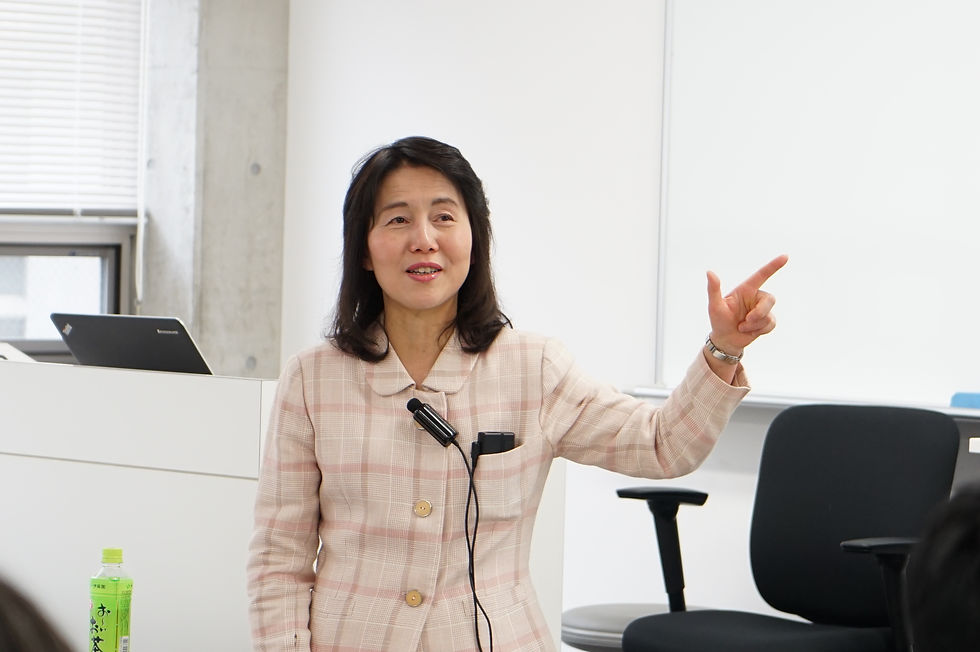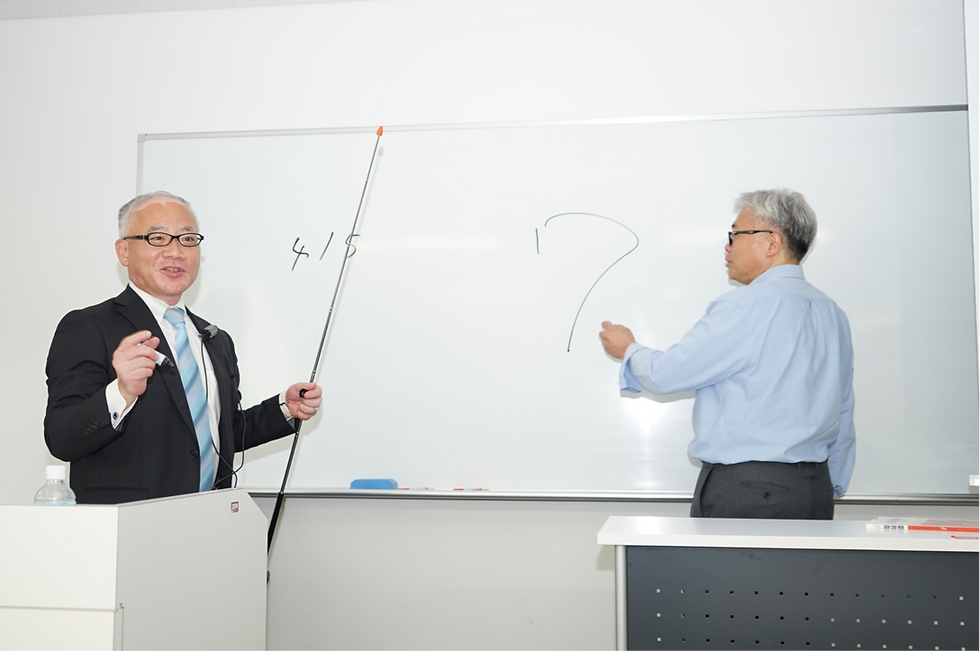日本CLIL教育学会 (J-CLIL) 発足総会・第1回研究発表会
- 2017年4月20日
- 読了時間: 2分
4月15日に行われました研究会の報告です。
4月15日(土)2時~5時
場所:早稲田大学戸山キャンパス33号館333教室
1. 総会
2. 輪読会 Meyer, O. (2010). “Towards Quality CLIL: Successful planning and teaching strategies.”, Pulso : Revista de Educación. 古関公子(東洋英和女学院大学)
3. 研究発表 “For a successful CLIL class: A study of math in English session” 経塚久彦(教育開発出版)

--------------
輪読会
Kimiko Koseki (Email: koseki@myad.jp)
Toyo Eiwa University
詳細はこちらよりご覧ください。



--------------
For a successful CLIL class: A study of math in English session
経塚 久彦 Hisahiko Kyozuka (教育開発出版)
For realizing a successful CLIL session of math in English, motivating students and encouraging their active participations should be one of the vital conditions. In order to activate students, it is desirable to establish ground rules such as “speak loudly” and “make many mistakes”. Personalities of a teacher may influence students’ behaviors in the session, too. Cheerful teachers can stimulate curiosities of students and prompt them to take actions.
Writing reflection sheets at the end of session is a quite useful way for the following reasons.
1. Teachers can check a comprehension level of each student.
2. Students can organize what they have learnt, which enhances cognition.
3. Students can keep memory effectively, which enables them to realize their own academic development.
The reported case at a junior and senior high school shows that the majority of students used positive words such as “fun” and “interesting” to describe the session in their reflection sheets. It indicated that the short-term objective of this school, which is “learning math in an enjoyable way and feeling good” by introducing CLIL math sessions, could be achieved.
資料はこちらよりご覧いただけます。
























































コメント